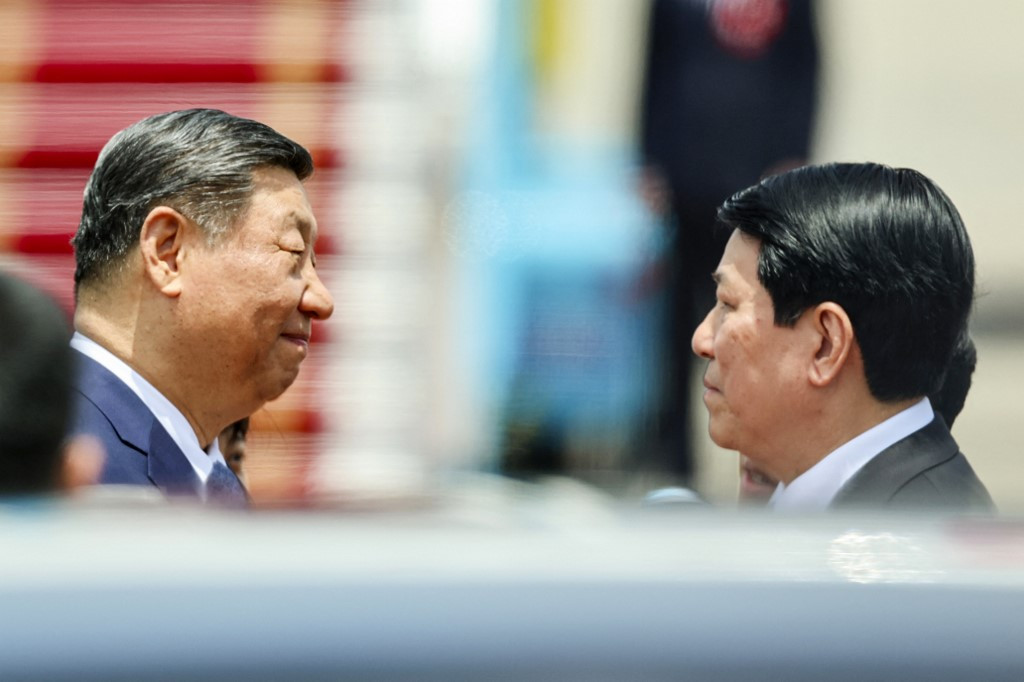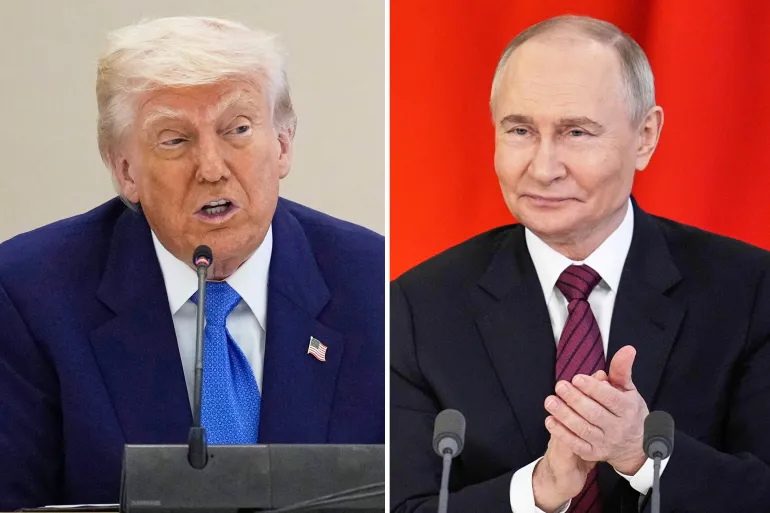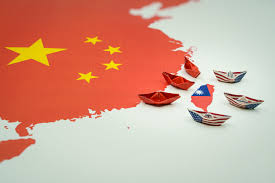Vietnam and U.S. resume trade talks in Washington amid tariff tensions

NEW DELHI: Vietnam and the United States have commenced a second round of high-stakes trade negotiations in Washington, D.C., aiming to resolve escalating trade tensions and prevent the imposition of a proposed 46% U.S. tariff on Vietnamese exports. The talks, which began on May 19 and are scheduled to continue until May 22, follow an initial round held earlier this month.
Leading the Vietnamese delegation is Minister of Industry and Trade Nguyen Hong Dien, accompanied by representatives from various ministries and the State Bank of Vietnam. The U.S. delegation includes senior officials from the Treasury Department and the Office of the U.S. Trade Representative.
The primary focus of the negotiations is to address the substantial trade imbalance between the two nations. In 2024, Vietnam recorded a trade surplus of over $123 billion with the U.S., making it one of the largest contributors to America's trade deficit. The U.S. has expressed concerns over this imbalance, citing issues such as alleged transshipment of Chinese goods through Vietnam to circumvent existing tariffs.
In response, Vietnam has implemented measures to mitigate these concerns, including reducing tariffs on U.S. imports and increasing purchases of American products. Additionally, Vietnamese authorities have pledged to crack down on illegal transshipment activities and enhance transparency in trade practices.
Beyond trade, the Vietnamese delegation has engaged in discussions with U.S. companies to explore avenues for strengthening economic ties. Notably, talks with Westinghouse have centered on potential collaboration in nuclear energy development, while PetroVietnam is considering increased crude oil purchases from Exxon Mobil.
The outcome of these negotiations holds significant implications for both economies. For Vietnam, avoiding the steep tariff is crucial to sustaining its export-driven growth model. For the U.S., securing commitments from Vietnam to address trade imbalances aligns with broader efforts to promote fair and reciprocal trade practices.
As the talks progress, stakeholders on both sides remain cautiously optimistic about reaching a mutually beneficial agreement that addresses core concerns and fosters a more balanced trade relationship.










